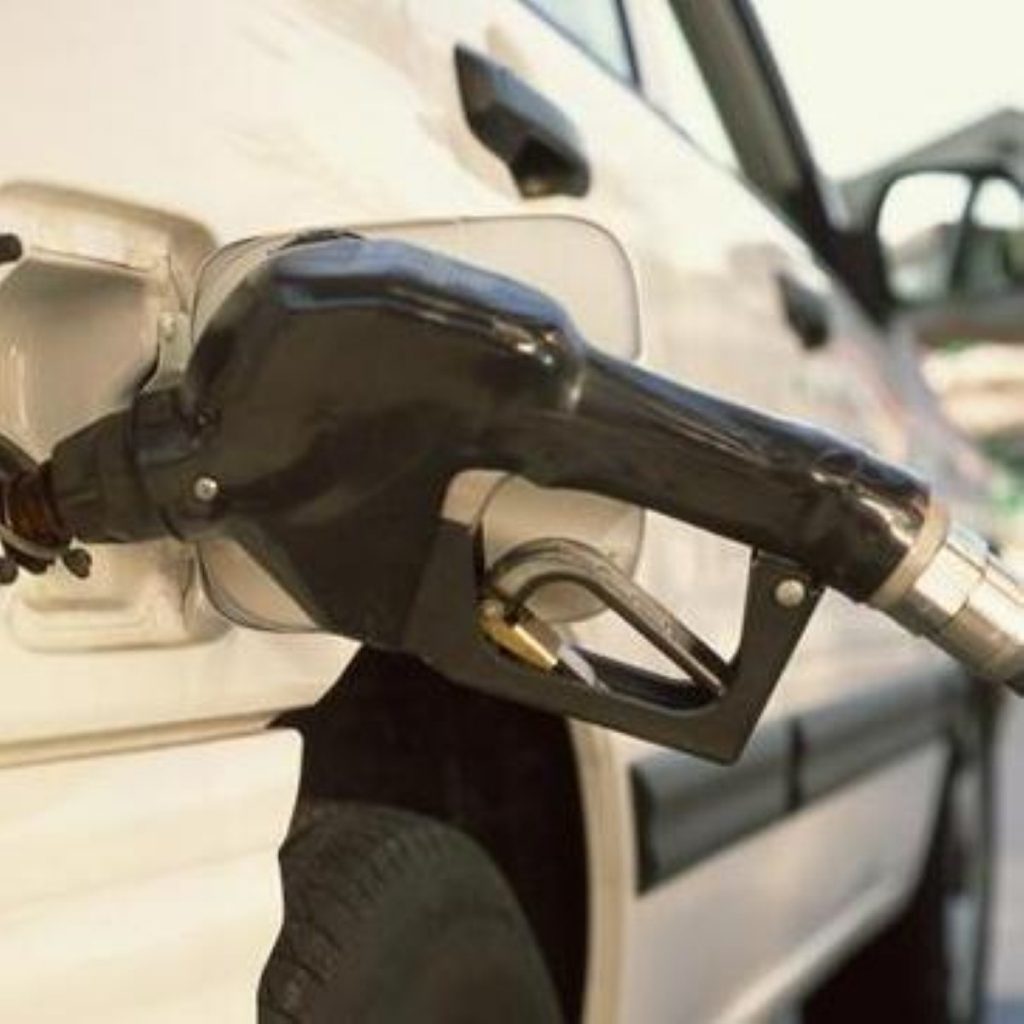Budget 2008: Green measures target plastic bags and gas guzzlers
Plastic bags and ‘gas-guzzling’ vehicles have come under fire in the green measures of Alistair Darling’s first Budget.
The chancellor said the government’s “greatest obligation” for future generations is to tackle climate change.
“We need to do more and we need to do it now. Few doubt the science. The need to take action is urgent,” he added.
“There will be catastrophic economic and social consequences if we fail to act.”


Mr Darling announced that a charge will be placed on single-use plastic carrier bags “given the damage they cause” if the government does not see “sufficient progress on a voluntary basis”.
“Legislation would come into force in 2009 and based on other countries’ experience, it could lead to a 90 per cent reduction, with around 12 billion fewer plastic bags in circulation,” the chancellor told MPs.
Mr Darling also announced plans to ensure the road tax system does more to support carbon-efficient cars.
From April 2010 the most polluting newly-built cars will pay the highest rate of vehicle excise duty while cars that emit less than the proposed 130 grams per kilometre European standard of carbon dioxide emissions will pay no car tax at all in the first year.
But in a move that has disappointed environmentalists, the chancellor delayed the 2p increase in fuel duty by six months to October.
Campaign for Better Transport described the delay as “a disaster and a broken promise that shows little regard for climate change of for alternatives to the car”.
“A truly green budget would have taken the extra duty and invested it in better transport, especially local public transport,” said CBT executive director Stephen Jospeh.
“However, we welcome the extra taxes on gas guzzler cars, incentives for lower carbon vehicles and the extra aviation taxes.”
Mr Darling also told MPs that next year’s Budget will be accompanied by the UK’s first carbon budget.
Other green measures outlined today include the aim for all non-domestic buildings to become zero carbon by 2019.
The chancellor also announced £26 million funding next year for a Green Homes Service to help people cut their carbon emissions and their fuel bills.
In response to the Budget’s environmental goals, the WWF described them as “a very light green”, with the overall Budget not addressing the real scale of the climate change challenge.
“We must cut our emissions by 80 per cent by 2050 if we are to avert dangerous climate change,” said WWF-UK chief executive David Nussbaum.
“Central to this should be urgent, consistent policies to encourage and support businesses and individuals to reduce their emissions.
“Despite some welcome green measures, the government must show a much higher level of ambition if we are to avoid the ‘catastrophic’ consequences of climate change that Alistair Darling outlined in his budget.”

